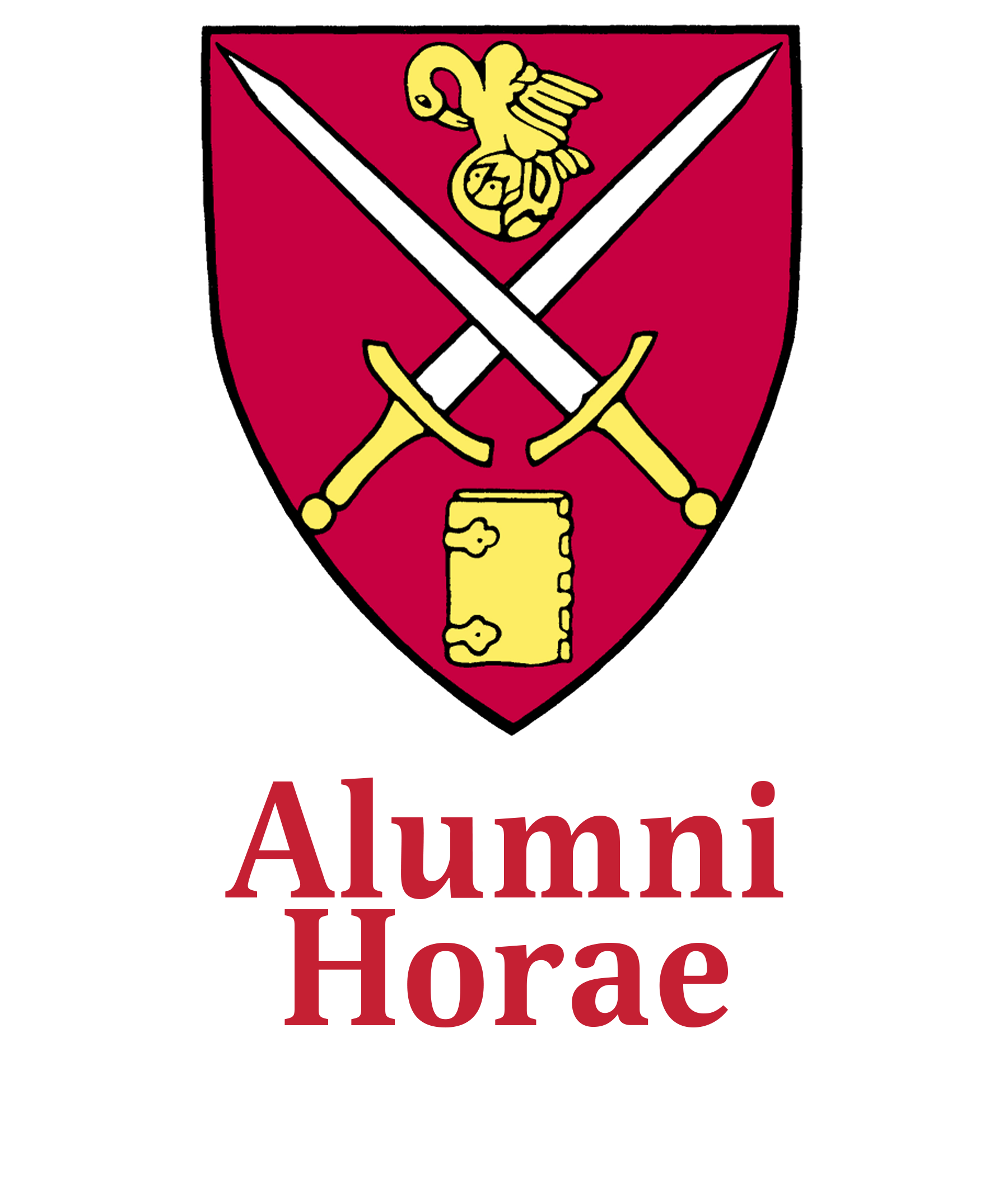Spotlight: John Foss ’65, preserving the history of Maine's coast
Preserving History - Sailing on the American Eagle with Schooner Captain John Foss ’65 takes us back to a simpler time
Taking apart and rebuilding anything, whether a car engine or a mantle clock, is a lesson in skill, technique, and construction. In 1973, only four years removed from his graduation from Bowdoin College and fresh from serving as an officer in the U.S. Coast Guard, Captain John Foss ’65 took on the largest-scale project of his young life. After purchasing the oldest schooner he could find, the 64-foot Lewis R. French, Captain Foss went to work on a restoration project that would take him the better part of three years, pulling the 1871 windjammer apart to its ribs, rebuilding it, and recommissioning it as a tourist ship, sailing along the Maine coast.
The French was designated a National Historic Landmark in 1992. By that time, Captain Foss already had duplicated his restoration efforts, rebuilding the 1930-vintage American Eagle between 1984 and 1986. For the last three decades, Captain Foss has been sharing his love of maritime history and the Maine coast by offering excursions on the American Eagle for everyone from sailing enthusiasts to families seeking a distinct way to experience a beautiful sunset. His offerings range from day sails to 11-day voyages. Passengers may also accompany the American Eagle to Massachusetts over Labor Day for the annual Gloucester Schooner Festival.
“Part of the satisfaction of running one of these relics is interpreting history to a new group of people on a regular basis,” he says, noting that the American Eagle hosts 400 guests per summer. “The best part of it is maintaining a vessel as a gesture of defiance thrown at a modern age. The other part is that the Maine Coast is just a great place to sail. There are two great places to sail in the world; the coast of Maine is one of them and I don’t know what the other one is.”
Captain Foss grew up on the water, spending summers in Portland, Maine, until his family moved to the coast permanently when he was 12. He worked at a boatyard during summer breaks from St. Paul’s and competed on the sailing team at Bowdoin, where he held a part-time job in special collections in the library. “They learned quickly not to give me maritime papers or I would spend all my time reading them,” he says. Captain Foss notes that he is intrigued by the dynamic history contained in the schooners. The American Eagle launched on June 2, 1930, and was the last fishing schooner built in Gloucester, Mass. The Lewis R. French launched in 1871, and is the last remaining Maine-built schooner from the 19th century. To rebuild the American Eagle, Foss and fellow windjammer captains removed the fishing gear, deck, and all machinery, replaced the frames, ordered new masts, and worked with a local forester to find wood for fresh planking and decking.
Preserving history is important to Captain Foss. On board the American Eagle, he carries hundreds of books, most of them detailing sailing on the Maine coast or the history of the vessels. His excursions from Maine to Gloucester (and sometimes all the way to the Canadian border near New Brunswick) include story time, featuring the captain reading on the deck to his passengers. The American Eagle is one of eight schooners that make up the Maine Windjammer Association, a cooperative of historic vessels and captains as devoted as Captain Foss. Like the Lewis R. French, the American Eagle earned its own status as a National Historic Landmark in 1991.
“The [schooners] are not really the last of anything,” Captain Foss says, “just a continuum of how everything in the country’s industry had to move by water. It’s about having perspective about what the islands and businesses used to be along the coast.” Captain Foss is a longtime member of the Maine Island Trail Association. In 2008, he was named the organization’s Island Adopter of the Year, “recognizing his devotion to thoughtful island use.” He says he is a conservationist not by trade but at heart, feeling an innate sense of duty to preserve the Maine coast he loves so dearly.
“Over the last more than 40 years, I have seen a nice transition along the coast of presumptive trespass,” he explains. “If there’s not a house on an island, we have a picnic there. It’s about a more thoughtful use of undeveloped lands through the Maine Island Trail. There is a great cooperative volunteer management plan for state and private islands and other conservation groups who buy them and make them available. It’s one way to pay back the coast for being as unspoiled as it is.”
For more about Captain John Foss ’65 and the American Eagle, visit www.schooneramericaneagle.com.

